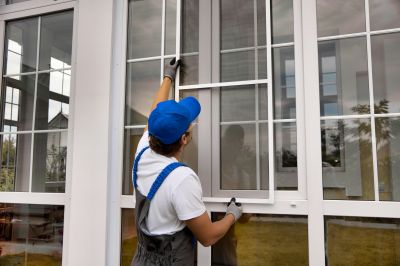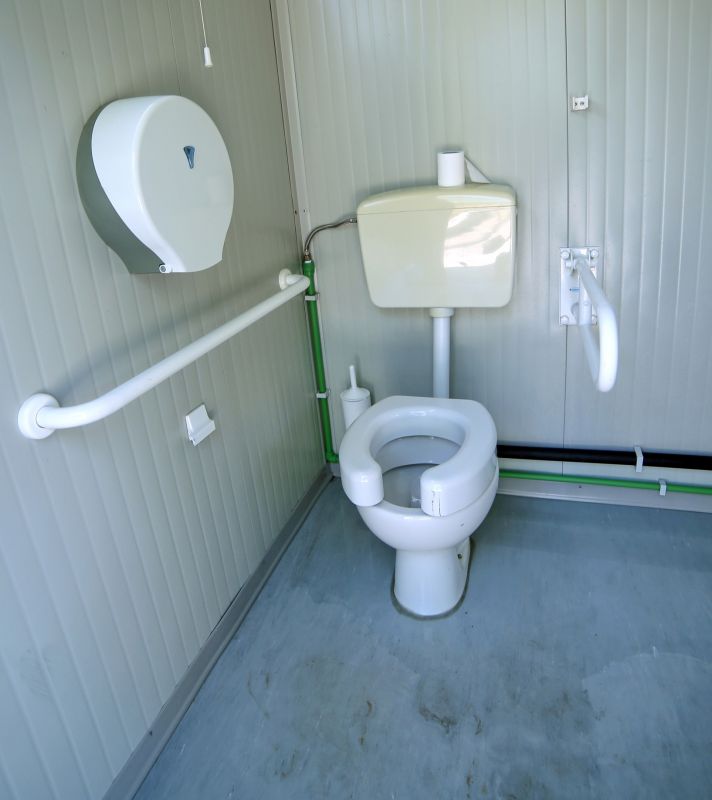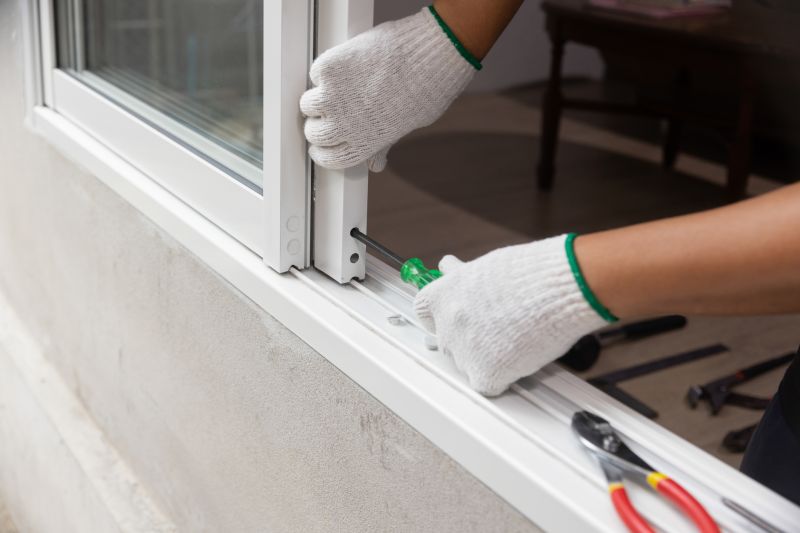Optimal Timing for Window Installations
Scheduling Windows installations at optimal times can enhance efficiency and reduce disruptions. Understanding seasonal patterns, system readiness, and workload cycles is essential for choosing the most suitable period. Proper timing ensures smoother transitions and minimizes potential complications during the installation process.
Spring and fall often provide moderate weather conditions, making them ideal for installations that require on-site work or equipment setup.
Timing installations during low-activity periods, such as weekends or holiday seasons, can reduce operational impact.
Ensuring systems are up-to-date and backups are completed before installation reduces the risk of data loss and downtime.
Scheduling during periods of technical availability minimizes delays caused by staff or resource constraints.

Ways to make Windows Installations work in tight or awkward layouts.

Popular materials for Windows Installations and why they hold up over time.

Simple add-ons that improve Windows Installations without blowing the budget.

High-end options that actually feel worth it for Windows Installations.

Finishes and colors that play nicely with Windows Installations.

Little measurements that prevent headaches on Windows Installations day.

A 60-second routine that keeps Windows Installations looking new.

A frequent mistake in Windows Installations and how to dodge it.

Small tweaks to make Windows Installations safer and easier to use.
| Factor | Optimal Timing |
|---|---|
| Weather Conditions | Spring and fall |
| Business Cycles | Off-peak seasons or weekends |
| System Readiness | Before scheduled updates or upgrades |
| Technical Support Availability | During periods of staff availability |
| Operational Impact | Periods of low activity |
| Seasonal Weather | Avoid extreme winter or summer months |
| Project Scope | Large-scale projects in moderate weather |
| Resource Availability | When necessary equipment and personnel are accessible |
Windows installations are a critical component of maintaining and upgrading computer systems. Proper timing can prevent delays, reduce costs, and ensure a seamless transition. Data indicates that scheduling during low-traffic periods and favorable weather conditions leads to higher success rates and fewer operational disruptions.
Effective planning involves assessing system readiness, coordinating with technical support, and selecting periods with minimal business impact. By aligning installation schedules with these factors, organizations can optimize performance and reduce downtime.

Lower-waste or water-saving choices for Windows Installations.

The short, realistic tool list for quality Windows Installations.

Rough timing from prep to clean-up for Windows Installations.

Quick checks and paperwork to keep after Windows Installations.
Interested in scheduling a Windows installation? Filling out the contact form can provide tailored timing options based on specific operational needs and system conditions. Proper scheduling ensures efficient upgrades and minimizes business disruption.
